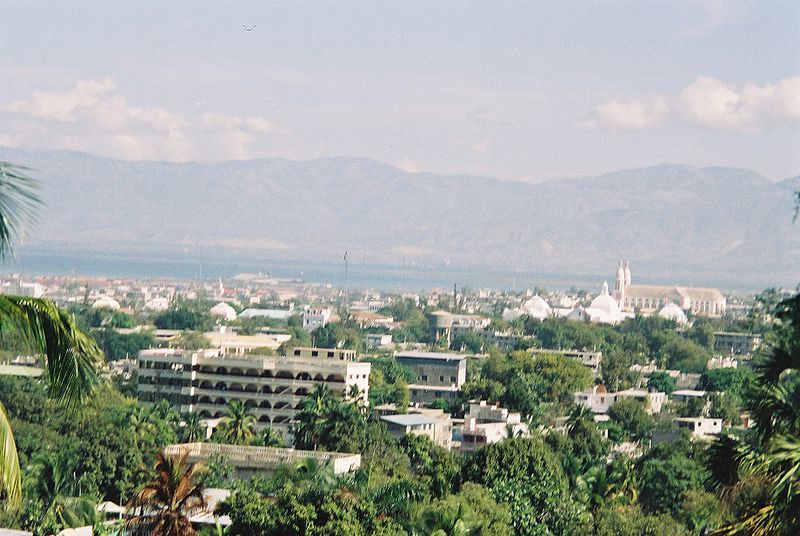
In light of the devastating effects of the massive earthquake that struck Haiti on August 14, the European Union is allocating €3 million in humanitarian funding to address the most urgent
needs of the affected communities.
Janez Lenarčič, Commissioner for Crisis Management said: “Urgent humanitarian needs are following the devastating 7.2 magnitude earthquake that struck Haiti. The EU is quickly mobilising support to this already extremely fragile country, where hurricanes and heavy rainfalls aggravate the dire situation even more. The earthquake strikes at a time when the COVID-19 pandemic and the escalating insecurity already posed a threat to the country. We stand ready to provide further assistance.”
In order to ensure the fastest possible intervention, EU funds will be implemented by humanitarian partners already active in the emergency response and will support and strengthen their capacity to swiftly provide humanitarian aid to the most vulnerable Haitians. The funding will address the most immediate needs such as the provision of medical assistance to local overwhelmed hospitals, water, sanitation and hygiene services, shelter and protection services for the most affected and disadvantaged communities.
Background
On 14 August, a 7.2-magnitude and 10-kilometres deep earthquake hit the southwestern part of Haiti, killing more than 1,300 people and injuring almost 6,000. Strong shakes have destroyed buildings and homes, severely damaged hospitals and schools and disrupted water networks, roads and bridges.
The earthquake strikes an already extremely fragile country, vulnerable to natural hazards and manmade disasters, and chronically unprepared to deal with the arrival of the coronavirus pandemic. Food shortages and malnutrition, disease epidemics and the humanitarian needs generated by the ongoing migration crisis already required sustained humanitarian assistance. Moreover, the COVID-19 crisis is contributing to worsen the ongoing food insecurity crisis in Haiti with 4.4 million people, 40% of the population.
The EU's emergency Copernicus satellite service has been activated in the aftermath of the earthquake and is currently providing maps of the area. The EU's 24/7 Emergency Response Coordination Centre is constantly assessing the situation to monitor developments and coordinate eventual further EU assistance. Photo by Ketounette, Wikimedia commons.



































